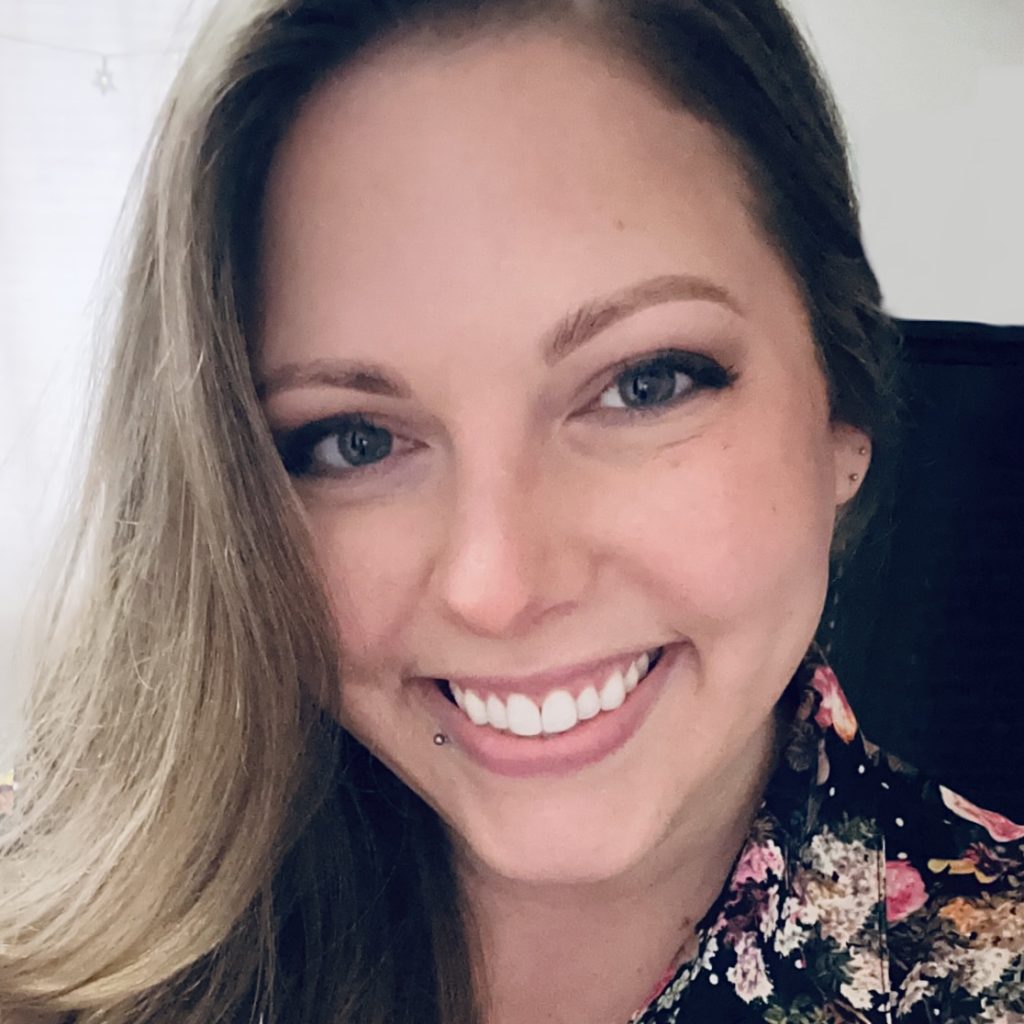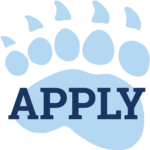
Online Master of Social Work (MSW)
About the Program
The online Master of Social Work (MSW) develops self-aware, ethically grounded social workers committed to recognizing and dismantling systems of oppression and building liberation. Our program builds and maintains meaningful, reflexive, and connected relationships with our students, faculty, staff, and communities. Faculty teach using reflexive and liberatory methods that support students’ holistic development. Our School partners with rural and diverse communities in Maine to promote full inclusion, address injustices, and advance the practice of social change.
The MSW goals are to:
- Prepare self-aware, ethically grounded social workers committed to recognizing and dismantling systems of oppression and building liberation.
- Enlist students and faculty who are innovative leaders who use critical thinking, self-reflection, and participatory intervention skills and practice at the micro, meso, and macro levels to promote social change.
- Engage in critically analyzing the knowledge base of social work, its history, and future directions.
- Conduct compelling, impactful, and collaborative research and scholarship.
- Serves as a state-wide leader in social work development, continuing education, and community capacity-building
To learn more about the MSW program, visit the School of Social Work’s website.
Format
The online Master of Social Work is a blended program with mostly online classes and a few in-person meetings. While most classes can be completed online asynchronously, there are some synchronous classes, like the internship seminar classes, where you and your classmates attend class together online simultaneously, just as you would in a traditional on-campus class.
The in-person meetings are with your cohort, a group of students who take all their classes together while working toward their degrees. Through cohorts, students are part of a learning community where they can collaborate with professors and develop relationships with their peers.
Cohorts meet on Saturdays twice a semester at the University of Maine in Orono, ME. During their internship experience, faculty will visit students at the internship site at least once a semester. The internship component may be completed at a qualifying organization geographically convenient to students in Maine, New Hampshire, or Vermont.
Advanced Standing
Advanced Standing allows specially qualified students who have earned a BSW in the last seven years to earn their MSW with 46 credits in two years rather than 63 credits in three years. Students with Advanced Standing start the program in the summer by completing three 2-credit courses that serve as a “bridge” to the Specialized Year.
Contact Us
Have questions about earning your Master of Social Work online with UMaine? Contact a UMaineOnline advisor.
Student Experiences
Curriculum
Our curriculum takes a developmental approach. Courses focus on practice and research methods, policy, human behavior, and social environments. They are taken in a sequence designed to help build your skills as you progress through the program. The courses you’ll take will depend on whether you’re in the regular program or have Advanced Standing.
Admissions
The application deadline for Fall 2026 is January 1, 2026. Applications will be reviewed after the deadline.
The regular, three-year MSW program will begin in Fall 2026. The Advanced Standing, two-year MSW program will start in Summer 2026.
Careers
According to the U.S. Bureau of Labor Statistics (BLS), the employment of social workers is projected to grow 7% from 2023 to 2033, faster than average, with about 67,300 openings per year. As of May 2023, Maine has the highest concentration of social work job opportunities in the U.S., with a mean annual wage of $68,3450.
Social workers have various opportunities in several fields, including:
- Education
- Private Practice
- Health Care
- Gerontology
- Substance Abuse
- Policy and Advocacy
- International Organizations
Notable Companies Employing Alumni
- Northern Light Acadia Hospital
- Penobscot Community Health Care
- University of Maine System
- Pathways of Maine
- National Alliance on Mental Illness
- National Association of Social Workers – Maine Chapter
- Health Equity Alliance
- State of Maine, Department of Education (School settings)
- State of Maine, Policy and Legislature
- State of Maine, Department of Health and Human Services
- Wellspring Mental Health and Substance Use Disorder Services
- State of Maine Veterans’ Home
- Wabanaki Public Health and Wellness
Social Work Licensing
MSW graduates who complete specific clinical social work courses and appropriate supervised work experience in a clinical setting for at least two years following graduation are eligible to apply for licensure at the State of Maine Board of Social Work Licensed Clinical Social Worker (LCSW) level.
All students who complete our MSW program are eligible to take the generalist level licensing exam to apply for licensure at the Licensed Master Social Worker (LMSW) level.
A copy of the State of Maine licensing legislation and the regulations may be obtained from the Maine Board of Social Work Licensure.
NC-SARA Statement
This program will prepare students to be eligible for licensure within the State of Maine. Visit the UMS State Authorization & Licensure page to learn more about the licensure requirements in other states and territories and the contact information needed to inquire further about the licensure requirements associated with this program.


